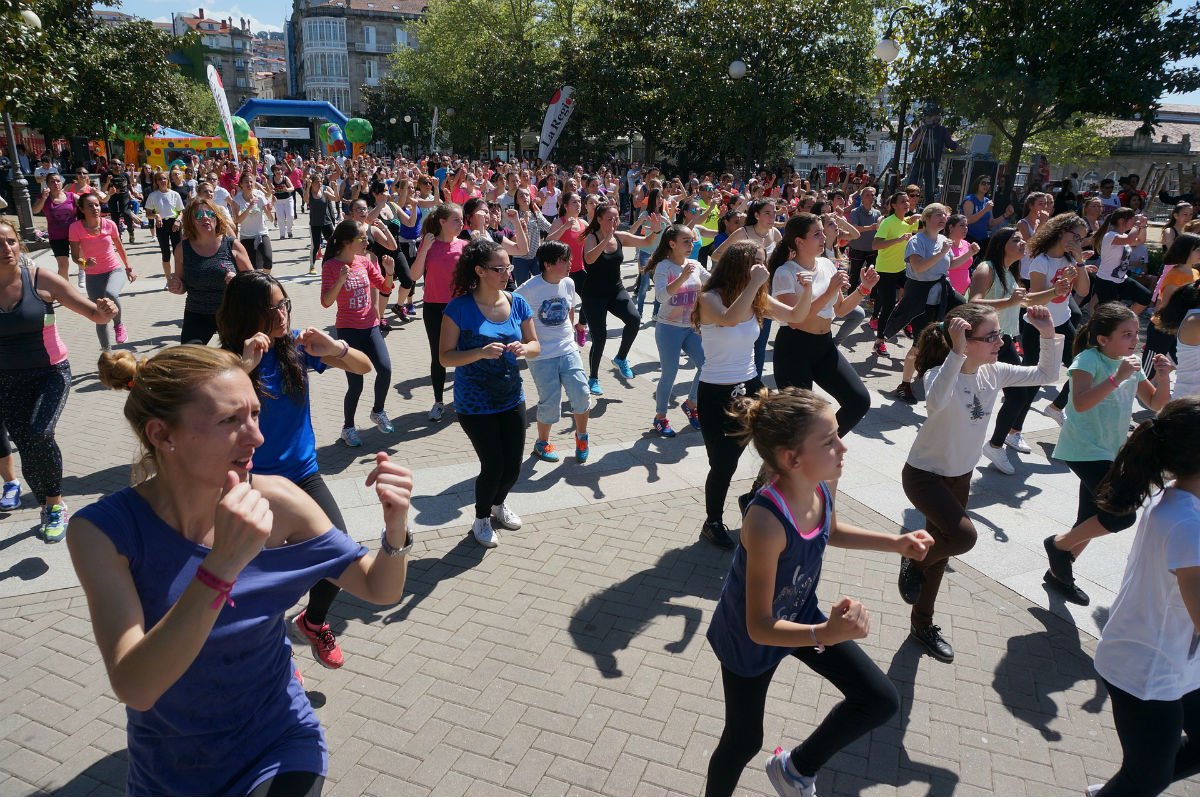
A new way to help combat addictions to drug and alcohol is to exercise. A new study showed that certain exercises can impact the brain in ways that will help with treating and curbing addictions.
Exercise Could Be The Key
A research team from the University at Buffalo Research Institute on Addictions claims that aerobic exercise may help fight addiction to alcohol and drug by altering the brain’s “reward” system.
Aerobic exercise, also known as cardio, is a brisk exercise that increases the heart rate, breathing, and circulation of oxygen through the blood. Aerobic exercise has also been known to help decrease many negative health issues including heart disease and arthritis and has been known to reduce stress and depression.
Panayotis (Peter) Thanos, Ph.D., RIA, senior research scientist and senior author of the study, and his team used rats in their study. The team examined mice who ran on a treadmill five days out of the week and the rest who were sedentary.
After six weeks, Thanos and his team found that daily aerobic exercises altered the mesolimbic dopamine to the brain in the rats who exercised.
Dopamine is a neurotransmitter that plays a vital role in reward, motivation, and learning in the brain. Dopamine is also associated with substance use disorders. Thanos stated that past studies have shown not only is aerobic exercise beneficial for physical and mental health, but has also been effective in preventing the start, increase, and relapse of substance use in different categories.
Is This The Cure?
When a person consumes alcohol or drugs, it triggers a flood of dopamine in the reward pathway of the brain. This can lead to substance abuse as the brain remembers the euphoria which causes people to become hooked on it. Consuming too much alcohol can also lead to dopamine levels dropping, which can lead to people continuously drinking to boost their mood.
Thanos continued that this current study is looking to see whether exercise can “normalize” dopamine signaling that has been altered by consistent drug use. This could help show how exercise could be a treatment strategy for substance abuse.
“Further studies that focus on people with substance use disorders should help researchers develop new methods to integrate exercise into treatment regimens that may help prevent relapses,” Thanos stated.
[“source=techtimes”]





